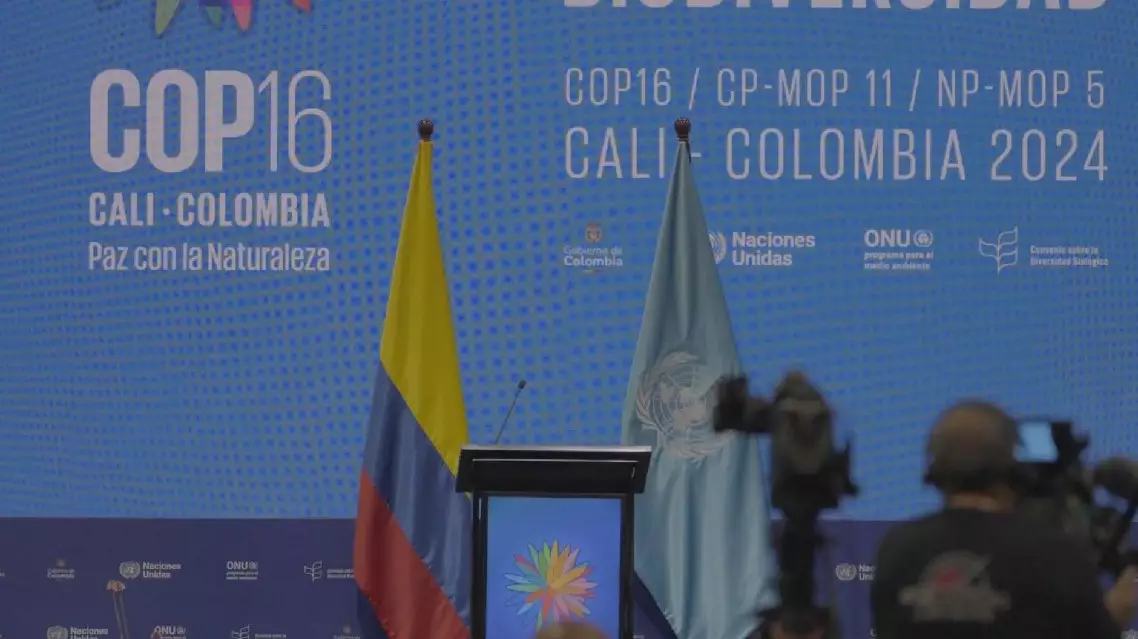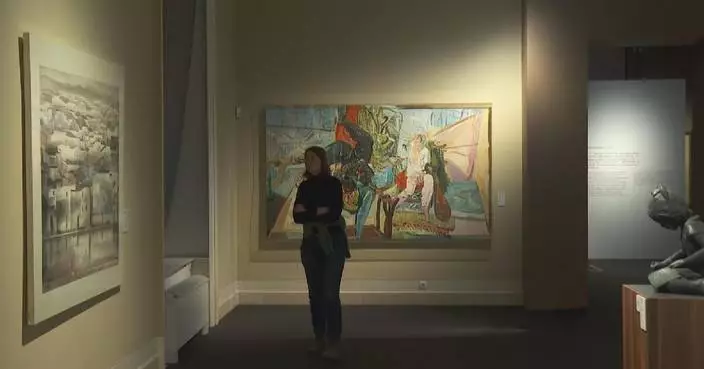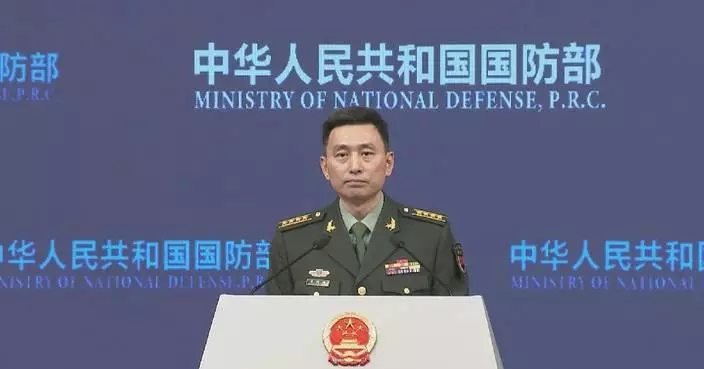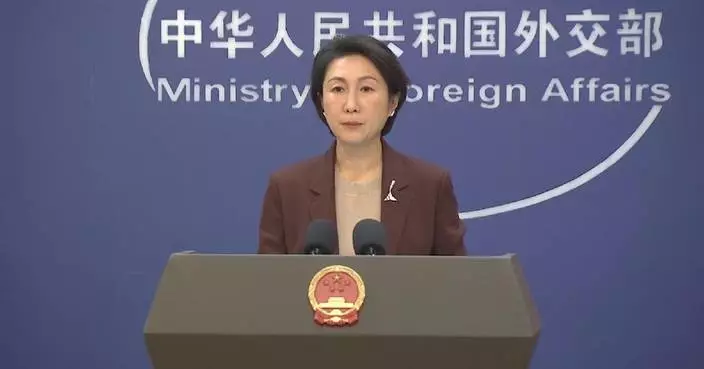The 16th session of the Conference of the Parties to the UN Convention on Biological Diversity (COP16) wrapped up in Cali, Colombia, on Friday night, with a historic decision on recognizing indigenous peoples' role in protecting nature.
Three major consensuses were reached at the conference, according to Maria Susana Muhamad Gonzalez, Colombia's Minister of Environment and Sustainable Development.
They are establishing a subsidiary body that will include indigenous peoples and local communities in future talks and decisions on nature conservation, recognizing the important role of African descents in the protection of nature, and drawing up work plans for local communities up to 2030.
At the conference, eight governments pledged an additional 163 million U.S. dollars to the Global Biodiversity Framework Fund (GBFF), bringing the total amount to about 400 million U.S. dollars. However, this is still far short of the billions of dollars needed to tackle plummeting global biodiversity.
Global wildlife populations have plunged on average by 73 percent in 50 years, according to the biennial Living Planet report released by the World Wildlife Fund and the Zoological Society of London in October.
The COP16 lasted 12 days, featuring 600 academic events and attracting the participation of 31,000 people, including government leaders and officials, community members, environmental experts and scholars.

UN biodiversity conference concludes in Colombia
The West Kowloon Station in the Hong Kong Special Administrative Region has added trains to cope with the growing travel demand during the holiday season of Christmas and New Year's Day.
By 08:00 on Wednesday morning, the West Kowloon Station experienced a notable surge in passengers in the waiting hall, with long queues at each ticket checkpoint.
The station has launched round-trip train services for travelers to and from popular destinations such as Zhangjiajie in central China's Hunan Province and Chaozhou and Shantou cities in south China's Guangdong Province.
"We already had several tour groups set up over a month ago. Our list of travelers kept growing before departure," said Cheng In-fai, a tour group leader.
"It takes about 40 minutes from Hong Kong to Guangzhou. It's quite convenient," said Mrs. Chan, a traveler from Hong Kong.
Currently, high-speed trains from Hong Kong can directly reach 80 stations in the mainland, passing through 11 provinces, one autonomous region, and four municipalities.
To facilitate travelers, the border inspection station at the West Kowloon Station has increased personnel and opened all inspection channels.
From 06:30 on Wednesday to 11:00 on Thursday, the station handled more than 127,000 inbound and outbound passengers, with over 86,000 inbound passengers, and among them inbound Hong Kong and Macao travelers accounted for 67.4 percent.
Starting on January 5, 2025, the Shenzhen North Railway Station in Guangdong Province will launch an additional 14 multiple unit trains departing from and terminating at the station.
These trains will connect West Kowloon, Shanwei, Chaozhou and Shantou in Guangdong, Huangshan North in east China's Anhui Province, Shanghai, and Zhangjiagang City in Jiangsu Province.

Kowloon station in HK add trains for holiday rush










